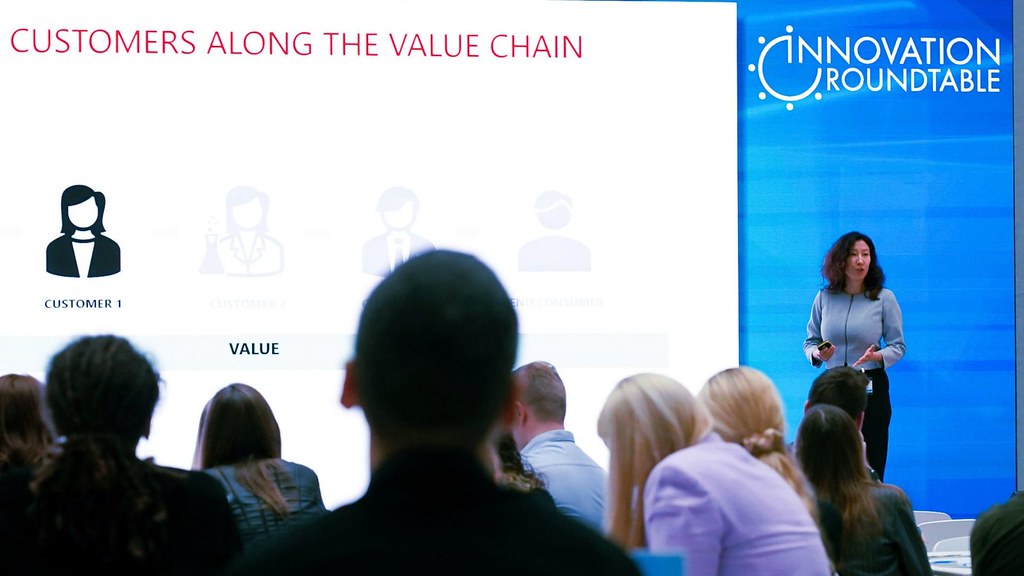I chose the University of Bath School of Management to study BSc Business Administration, now BSc Business, because it is well known for covering comprehensive business disciplines. The programme is very international. My cohort came from all around the world, each student bringing their own unique experiences and views.
As a part of the course, I got to put on my explorer hat and worked or studied in Toronto, London and Montpellier. I enjoyed plunging into new environments. But at the same time, I found it a toughening experience as it took time to adapt and make connections. A decade later I can still relate to this, along with the excitement of the unknown and the opportunity that it brings.
After graduating, I focused on building a career in marketing and digital innovations and worked at major FMCG, chemical and start-up companies. I now work at Henkel Adhesive Technologies as a Venture Lead. This means I develop innovations across industries and locations. I lead cross-functional teams, to translate emerging trends and customer insights into workable projects.
'I had to learn to be comfortable with uncertainty.'

Innovation involves a lot of risk, I had to learn to be comfortable with uncertainty. Introducing new products or services is hard! Often, there is no blueprint to follow. Commonly, start-ups fail due to:
- a lack of product-market fit
- a flawed business model
- being taken over by competition
- poor product execution
To de-risk new ventures as much as possible, I look at four criteria:
- it solves a problem for our customers
- new business models that are commercially viable
- the technology is feasible to build
- the product fits with our overarching strategic priorities
When these four points are not reached, we normally pivot or refocus our resources. With new opportunities, I aim to think big whilst managing uncertainty.
'Accepting failure is an important part of bringing innovation to life'
In innovation, you need an agile mindset. Don't blindly follow the guidelines, different things work for different situations. The important thing is to stay customer-centric, transparent and to pivot fast if necessary.
But the truth is, not all risks can be eliminated. That’s why taking calculated risks, while accepting potential failures, is an important part of bringing innovation to life.
To me, ambition is taking risks and stepping out of your comfort zone. I’ve often had to make bold decisions, move places, start and learn from scratch. Ambition is setting goals and aiming high while having patience and pacing yourself. I strongly believe that putting in the hard work does pay off, but often in the long run.
